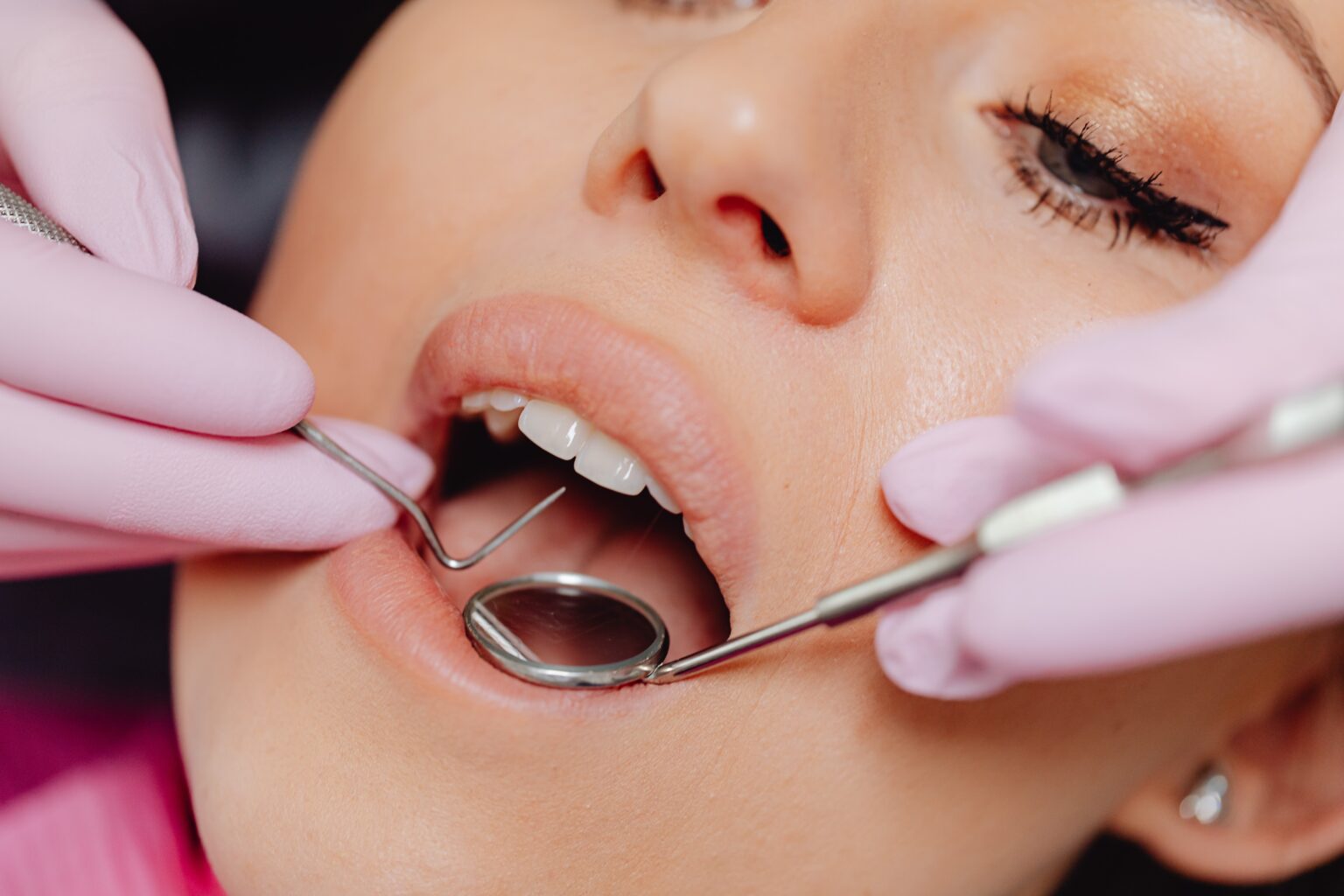Introduction
Maintaining good oral hygiene is essential for overall health and well-being. Poor oral health can lead to various dental issues, including cavities, gum disease, and bad breath. Fortunately, by adopting a few simple habits and following a consistent oral care routine, you can significantly reduce the risk of dental problems.
In this article, we will provide you with valuable tips and practices to help you maintain excellent oral hygiene and prevent dental issues.
Brushing Technique and Frequency
Brushing your teeth properly and regularly is the foundation of good oral hygiene. Use a soft-bristled toothbrush and fluoride toothpaste.
Follow these guidelines for effective brushing:
Brush at least twice a day, ideally after meals.
Spend at least two minutes brushing, ensuring you cover all surfaces of your teeth.
Use gentle, circular motions to clean your teeth and gums.
Don’t forget to brush your tongue to remove bacteria and freshen your breath.
Flossing and Interdental Cleaning
Brushing alone cannot reach the tight spaces between your teeth, making flossing an essential part of your oral care routine. Here’s how to floss effectively:
Use about 18 inches of dental floss and wind it around your middle fingers, leaving a few inches in between.
Gently slide the floss between your teeth, curving it into a C shape around each tooth.
Move the floss up and down, removing plaque and food particles.
Consider using interdental brushes or water flossers if traditional flossing is challenging.
Mouthwash and Rinse
Using mouthwash or an antimicrobial rinse can complement your brushing and flossing routine. Look for products that contain fluoride and have antibacterial properties. Mouthwash can help:
Reduce plaque and gingivitis.
Freshen your breath.
Reach areas that brushing and flossing may miss.
Healthy Diet and Limiting Sugary Foods
A nutritious diet plays a crucial role in maintaining good oral health. Here are some dietary tips to follow:
Consume a balanced diet rich in fruits, vegetables, whole grains, and lean proteins.
Limit sugary foods and drinks, as they contribute to tooth decay.
Avoid frequent snacking, as it exposes your teeth to prolonged acid attacks.
Drink plenty of water, which helps rinse away food particles and keeps your mouth hydrated.
Regular Dental Check-ups
Regular dental check-ups are vital for preventing dental issues. Schedule appointments with your dentist every six months or as recommended by your oral healthcare professional. During these visits, your dentist will:
Perform a thorough examination of your teeth, gums, and mouth.
Detect early signs of dental problems.
Clean and remove plaque and tartar buildup.
Provide personalized advice on oral care practices.
Avoid Tobacco and Limit Alcohol Consumption
Tobacco use, including smoking and chewing tobacco, significantly increases the risk of oral health problems such as gum disease, oral cancer, and tooth loss. Additionally, excessive alcohol consumption can lead to dry mouth, tooth decay, and other oral health issues. Quitting tobacco and limiting alcohol intake are essential steps towards maintaining good oral hygiene.
Conclusion :
Maintaining good oral hygiene is crucial for preventing dental issues and promoting overall health. By following these tips, you can establish a solid oral care routine that will keep your teeth and gums healthy. Remember to brush and floss regularly, use mouthwash, maintain a healthy diet, schedule regular dental check-ups, and avoid tobacco and excessive alcohol consumption. With consistent effort and proper oral care habits, you can enjoy a beautiful smile and optimal oral health for years to come.

